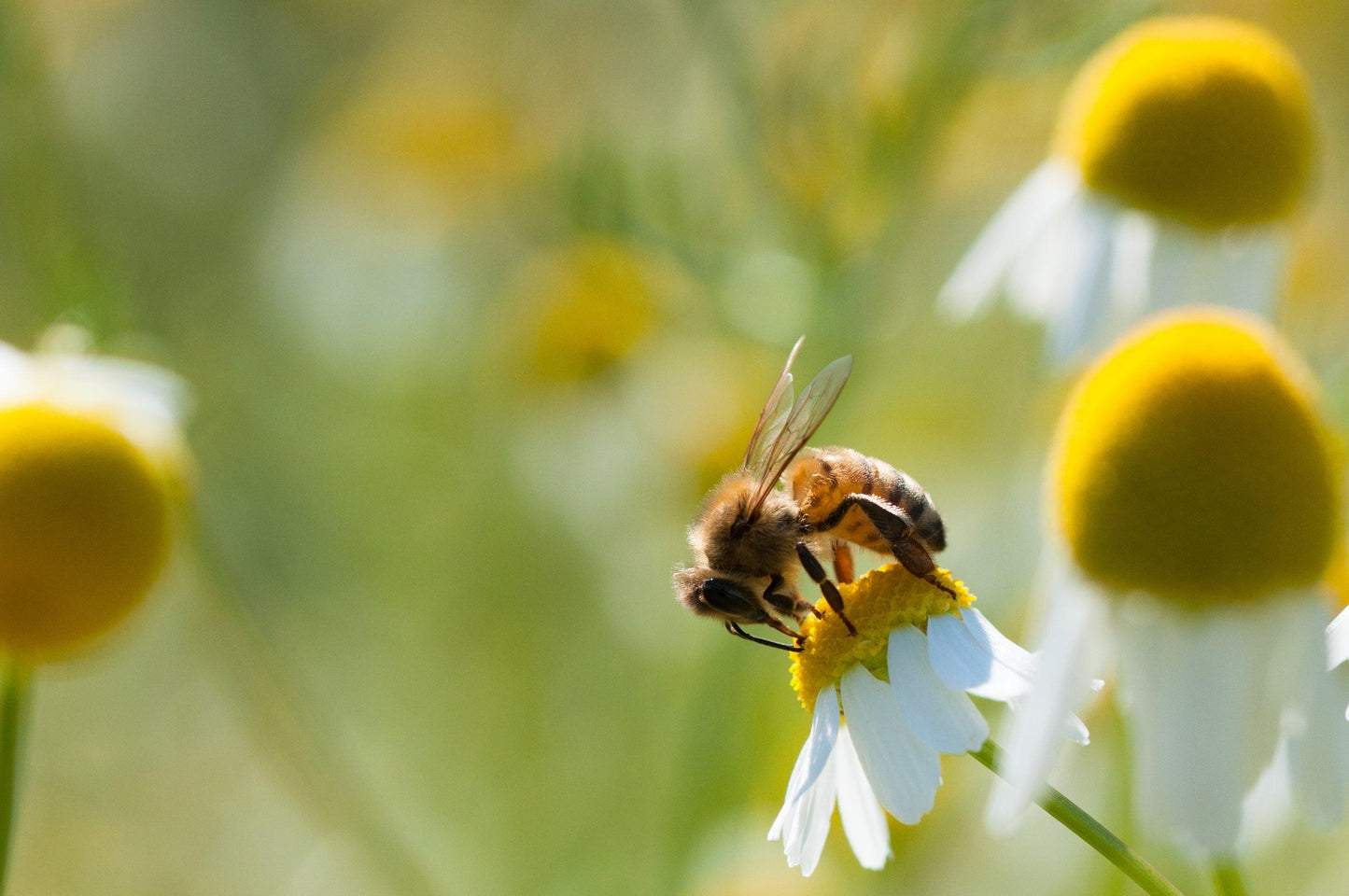
Plantopia is committed to actively respecting, promoting and advocating change for the sustainability and biodiversity of the vast, interconnected ecosystems that are life on earth – plants, bacteria, animals, humans, fungi, microorganisms.
What are ecosystems?
An ecosystem is the biological community of living beings, communicating and interacting with the physical environment and non-living components. Ecosystems can be small (like your garden) or enormous like an ocean. They are made up of the non-living parts, the abiotic (light, water, air, minerals, rocks) and the living parts, the biotic (producers, consumers, decomposers). Ecosystems are important because they control essential ecological processes, promoting food chains and webs, and providing habitats for plants and animals. Not to mention recycling nutrients between its biotic and abiotic parts.

What is biodiversity?
Biodiversity is the term used to describe the biological diversity of life, whether that’s in your garden or the entire planet. The result of millions of years of evolution, the biodiversity we see today provides us with important services from fresh air and water to providing medicines, food and energy. Globally, biodiversity is so rich and complex in its interactions that we don’t know the number of species on the planet, let alone the extent of how all of these species fit into their ecosystems. The risk is that we lose critical pieces of the puzzle through extinction before we’ve understood their importance.
Humans have had an incredibly negative impact on biodiversity thanks to our activities over the last couple of centuries. In fact, the World Wildlife Fund estimates that over the past 50 years, the planet’s populations of everything from reptiles, fish and amphibians to mammals and birds have reduced by 60%. Entire ecosystems are suffering as many species face extinction. Habitat degradation, deforestation, increases in pollution, the introduction of invasive species and over-exploitation of others, and more represent major threats to individual species and to biodiversity generally. In reshaping biodiversity we are restructuring whole ecosystem sand making them far less resilient. And that’s before we talk about the climate change…

What is sustainability?
Hans Carl von Carlowitz coined the term ‘sustainability’ in 1713 when talking about German forestry. He was talking about a forests ability to maintain and support commercial harvest over time. In 1987, the UN Bruntland Commission expanded on this original definition, defining sustainability as ‘meeting the needs of the present without compromising the ability of future generations to meet their own needs’. This definition enshrines sustainability’s relationship not only with biodiversity as described by natural resources, but also in its relationship with humans. It's often broken down into three pillars or concepts: environmental, social and economic.

So, what are Plantopia doing to support ecosystems, biodiversity and sustainability?
In response to the people and planet challenges impacting the world we live in, Plantopia has identified five corresponding focus areas to help us to fulfil the Plantopia vision and ambition for people and planet wellness. One of those, Eco-systems: Preserve & Regenerate, relates specifically to biodiversity and our commitment to actively respect, promote and advocate change for the planet.
We source the plant-derived ingredients in our products from plants that replenish themselves over time, or use materials from other industries that would otherwise be waste (known as by-products). Together these are our renewable ingredients, and we are committed to tracing them back through the multiple layers of the value chain to ensure we are transparent and living up to our commitments.
To do this, Plantopia has become a member of the Union for Ethical Biotrade (UEBT), an organisation committed to regenerating nature and securing a better future for people through ethical sourcing of ingredients from biodiversity. We committed to a workplan with UEBT and have been busy tracing our plant actives and aromatics. In fact, 49.6% of our renewable biodiversity-derived ingredients have been traced back to country of origin, every launch product except supplements contains a sustainably wild harvested ingredient and every launch product contains at least one by-product ingredient. We’ve started to work with the teams on the ground growing and harvesting these materials, exploring ways to best support them on their sustainability journeys as they work to protect biodiversity and ecosystems locally.
To protect our planet and its biodiversity, every effort matters. Whether it’s going paperless, reducing the number of journeys you make in your car, using a bag for life or making the conscious decision to buy from brands like Plantopia who are committed to making a difference, your choices matter.
